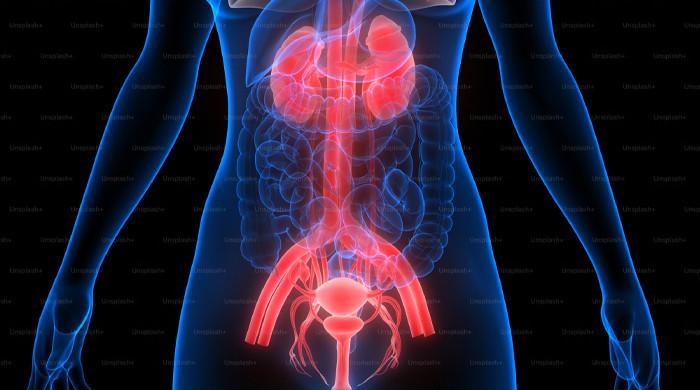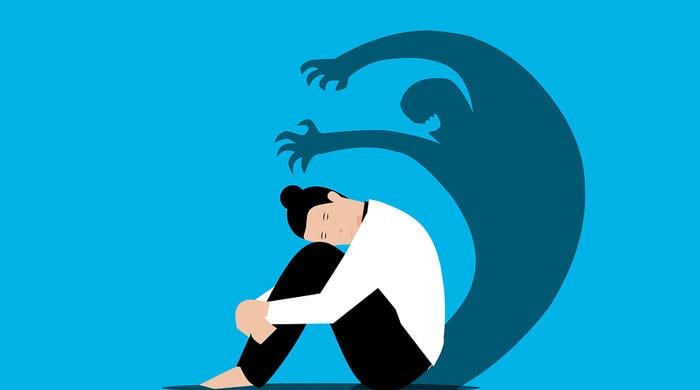Everything you need to know about a heatstroke before summer
Here is an explanation of what a heatstroke is, its causes, prevention and management techniques
April 02, 2024

As many countries in the world welcome summers for this year, with bright sunny days and beach picnics, it is essential to remember that hot, bright days also bring about heatwaves.
According to a detailed report by the World Health Organization, more than 166,000 people have died to due to extreme heat, between the years from 1998 to 2017.
During a heatwave, ignoring the weather conditions, combined with engaging in strenuous activities or experiencing dehydration, can lead to an individual suffering from heat stroke.
Understanding Heat Stroke:
Heat stroke is a critical condition caused by the body's failure to regulate its temperature amidst extreme heat or physical exertion.
It is usually triggered when the body’s normal temperature rises to 106°F (above 41°C) within 10 to 15 minutes with inability to cool itself down.
There are two types of heatstroke:
Exertional heatstroke:
This form of heatstroke is usually the result of physical overexertion in hot, humid conditions. It can develop in a few hours.
Non-exertional heatstroke:
Also referred to as classic heatstroke, this type can occur due to an age factor or some underlying health conditions and develops over several days.
Symptoms and Signs:
The main symptom of a heat stroke is the spike of body temperature above 104°F (40°C). This leads to an altered state of mind, changes in sweating patterns, nausea, flushed skin, rapid breathing, a fast heartbeat, seizures and even loss of consciousness.
A heat stroke is not to be confused with heat exhaustion, its precursor. A heat stroke stops the body from sweating, making the skin hot and dry in contrast to heat exhaustion, where the body sweats profusely.
Immediate Actions to manage a Heat Stroke:
If a heat stroke is suspected, immediate medical attention is important to manage the symptoms before complications arise. Some steps to follow if someone is suffering from a heat stroke, are to:
- Call emergency services.
- Move the person to a cooler area.
- Apply cooling methods like cold baths or damp cloths.
Prevention Tips:
Living in a relatively warmer area or having a hard-working job, it can e easy to lose sight of some basic care tips to follow that would keep a heat stroke at bay.
- Some vital preventative measures to follow are:
- Stay hydrated.
- Take regular breaks in shaded or cool areas.
- Wear light, breathable clothing.
A heat stroke is a severe condition with potentially fatal outcomes if not treated promptly. Awareness, quick response, or ideally, preventive practices are essential, to avoid suffering from this ailment.









